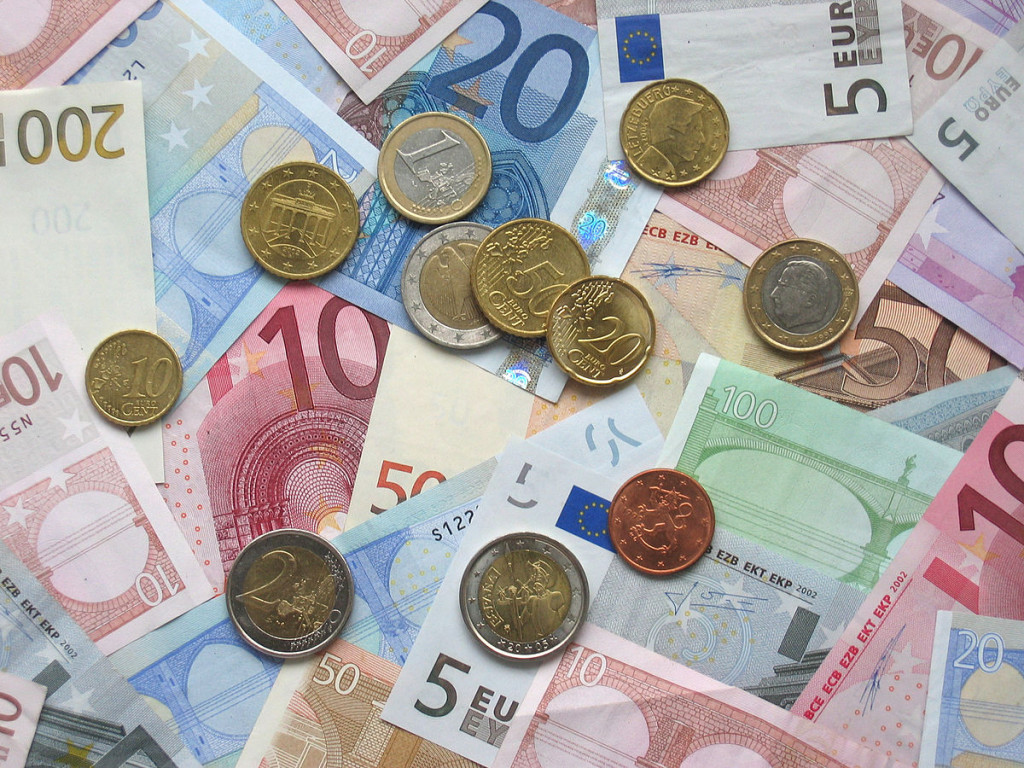The European Commission (EC) has presented a new proposal on the System of Own Resources of the European Union.
Download Full Position: System of Own Resources of European Union
The aim of this proposal is to modernize existing Own Resources by:
-
decreasing to 10% the percentage of the customs duties the Member States retain as “collection costs”;
-
decreasing the share of the Own Resource based on Gross National Income, and keeping it as the balancing resource;
-
simplifying the Value Added Tax based Own Resource and increasing its share in the overall Own Resources;
-
introducing a basket of new Own Resources, which will cover approximately 12% of the budget, consisting of: a share of the relaunched Common Consolidated Corporate Tax Base; a share of the auctioning revenue of the European Emissions Trading System; a national contribution calculated on the amount of non-recycled plastic packaging waste;
-
establishing the principle that future revenues arising directly from EU policies should flow to the EU budget;
-
phasing out corrections;
-
increase the Own Resources ceiling.
If agreed on, the provisions of this proposal shall apply from January 1, 2021 (except the provisions regarding the CCCTB, which will apply from the second year following the date of application of national provisions).
Proponents of this proposal claim that:
-
the present level of 20% collection costs for customs duties can be considered as higher than what would actually be needed as an appropriate incentive for diligent collection of custom duties by national authorities on behalf of the Union;
-
recent economic developments are creating a challenge for national authorities when it comes to measuring Gross National Income precisely, therefore new revenue components will allow to keep the GNI based Own Resource as a balancing component and reduce its weight;
-
current VAT-based Own Resource requires numerous corrections and compensations as well as the cumbersome computation of a weighted average rate thus it can be reformed by focussing on the standard rated supplies; streamlining the procedure to calculate the Value Added Tax base and; applying a uniform call rate on the standard rated base;
-
the ‘basket’ of new Own Resources which are linked to key EU policies, specifically climate change, environmental policy, plastics strategy, the circular economy and the Single Market, will provide fresh money to the EU budget.
However, there are multiple reasons to suggest though that the proposed reform of the System of Own Resources of the EU may not only prevent the achievement of its goals, but may also be harmful to the companies and taxpayers of the EU and to the Single Market as general.



